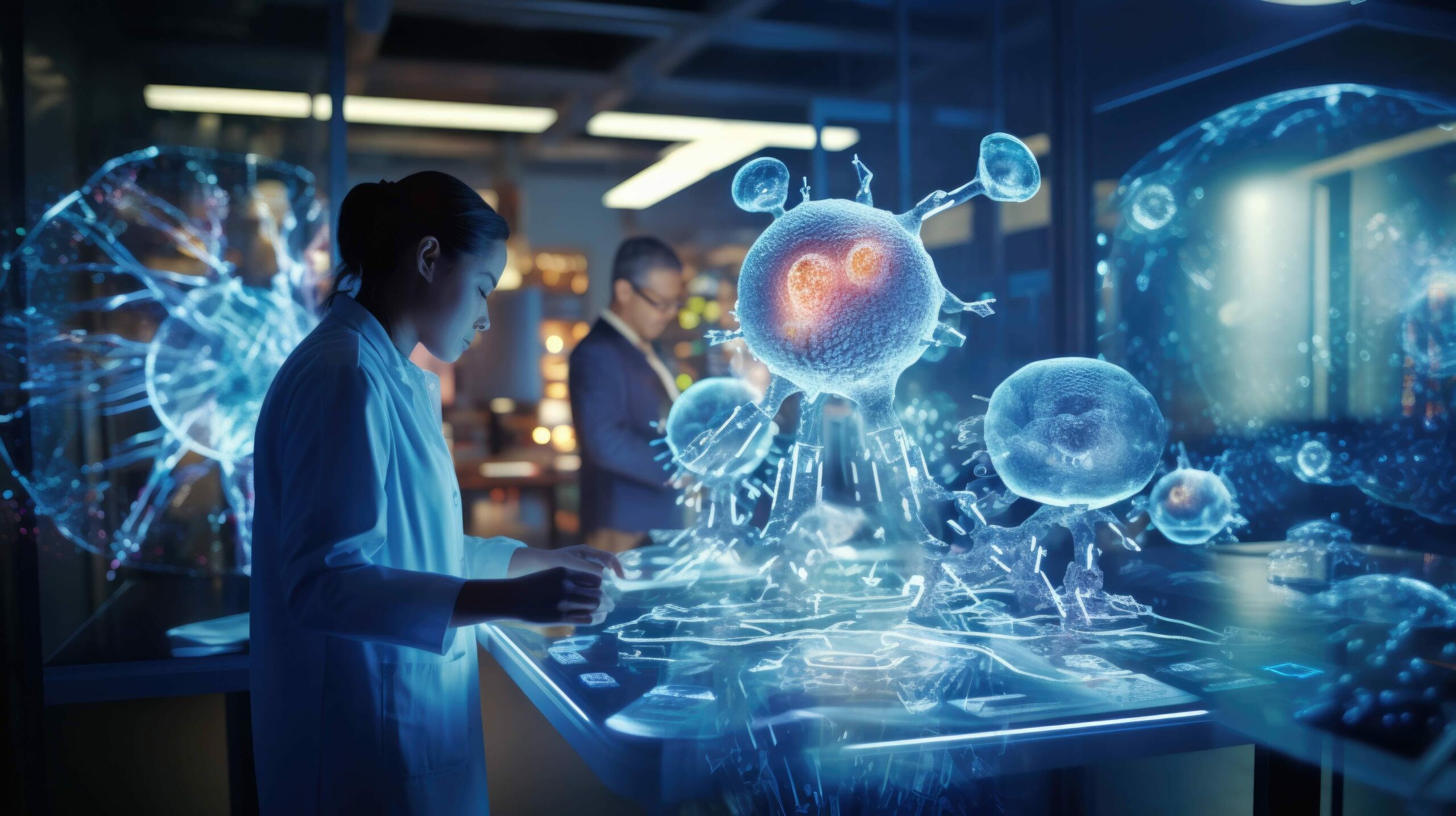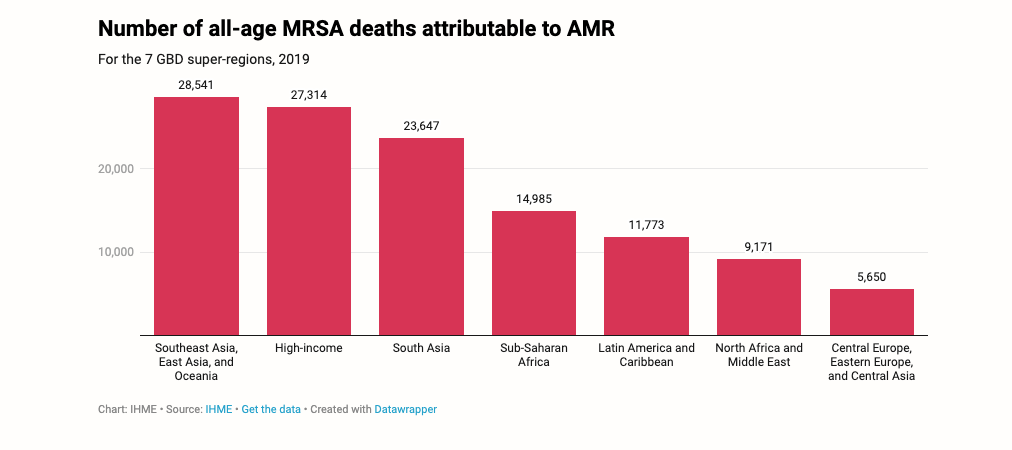When artificial intelligence is useful for healing

The methicillin-resistant Staphylococcus aureus bacterium causes over 100,000 deaths worldwide every year but thanks to artificial intelligence, a new class of antibiotics capable of fighting it has been discovered. All the details
There is always man behind it but artificial intelligence (AI) has played a fundamental role. Thanks to this technology, in fact, a group of researchers from the Massachusetts Institute of Technology (MIT) has discovered a new class of antibiotics capable of killing the methicillin-resistant Staphylococcus aureus bacterium, which causes over 100 thousand deaths worldwide every year.
WHAT IS STAPHYLOCOCCUS AUREUS
Staphylococcus aureus , explains the Higher Institute of Health (ISS), is a very common bacterium that causes minor skin infections that generally do not require medical treatment. It can be present in the community (in the general population) and in hospitalized patients it is a common cause of hospital care-associated infections. Since the 1970s, a methicillin-resistant strain (MRSA) has emerged, which is now widespread especially at hospital level and in recent years several clones have caused infections in community settings.
Although there is the possibility of food contamination with MRSA, the expert group on biological hazards (Biohaz) of the European Food Safety Authority (EFSA) assures that at present there is no evidence of an increased risk of contracting the infection or becoming a healthy carrier following ingestion or handling of contaminated food. Those at greater risk, specifies the ISS, are instead individuals, such as farmers, breeders and veterinarians (and their family members) who are in contact with live animals, especially in places where the prevalence of MRSA is high.
THE DATA
As the ISS reminds us , methicillin-resistant Staphylococcus aureus constitutes one of the most important public health problems due to its epidemiological and economic impact, with serious consequences in terms of increased mortality, length of hospital stays and healthcare costs.
MRSA is in fact among the main pathogens responsible for infections caused by antibiotic-resistant bacteria in the European Union. Italy, in particular, since the early 2000s, has been one of the European countries with the highest percentages of methicillin resistance in S. aureus strains and, according to data from the National Antibiotic Resistance Surveillance System, the percentage of MRSA responsible for invasive infections (blood and liquor) in our country remained stable from 2015 to 2020, standing at around 34%.
Furthermore, this bacterium represents one of the main causes of healthcare-associated infections and the European Center for Disease Prevention and Control (ECDC) estimates that in Europe, among all healthcare-associated infections caused by antibiotic-resistant bacteria , MRSA is responsible for almost 44% of cases and over 20% of excess mortality.
Every year in the European Union, almost 150,000 MRSA infections occur, with at least 7,000 attributable deaths and in 2019 it was the most lethal pathogen-drug combination globally, recording 121,000 deaths attributable to antimicrobial resistance, mainly in South-East Asia , in East Asia and Oceania.

THE DISCOVERY OF ANTIBIOTICS BY AI…
Now, however, thanks to artificial intelligence, which has sifted through around 12 million compounds in search of new molecules, some MIT researchers have identified a new class of antibiotics which, both in the laboratory and in experiments conducted on mice, has proven effective in killing the methicillin-resistant Staphylococcus aureus bacterium. Furthermore, the authors of the publication in Nature explain, the compounds also show very low toxicity towards human cells, which makes them particularly valid as drug candidates.
But the real innovation of the study is that the researchers were also able to understand what types of information the deep learning model used to make its predictions about the potency of antibiotics and this could help design other drugs even more effective than those identified by the model .
…AND THE ROLE OF MAN
The search for new compounds through AI is in fact nothing new but this approach, according to the authors, has a limit, namely that the models are "black boxes", that is, there is no way of knowing on which characteristics they based the their predictions: “What we set out to do in the study – said Felix Wong, who led the researchers together with Erica Zheng – was to open this black box.”
To achieve the goal, the authors modified an already existing search algorithm, which allows generating not only an estimate of the antibacterial activity of each molecule, but also a prediction of which part of the compound is responsible for this property. Among the candidates identified, the researchers selected around 280 to test in the laboratory and two of these, belonging to the same class, were found to be particularly effective against MRSA.
This is a machine translation from Italian language of a post published on Start Magazine at the URL https://www.startmag.it/sanita/quando-lintelligenza-artificiale-e-utile-per-curare/ on Sat, 06 Jan 2024 07:00:46 +0000.
